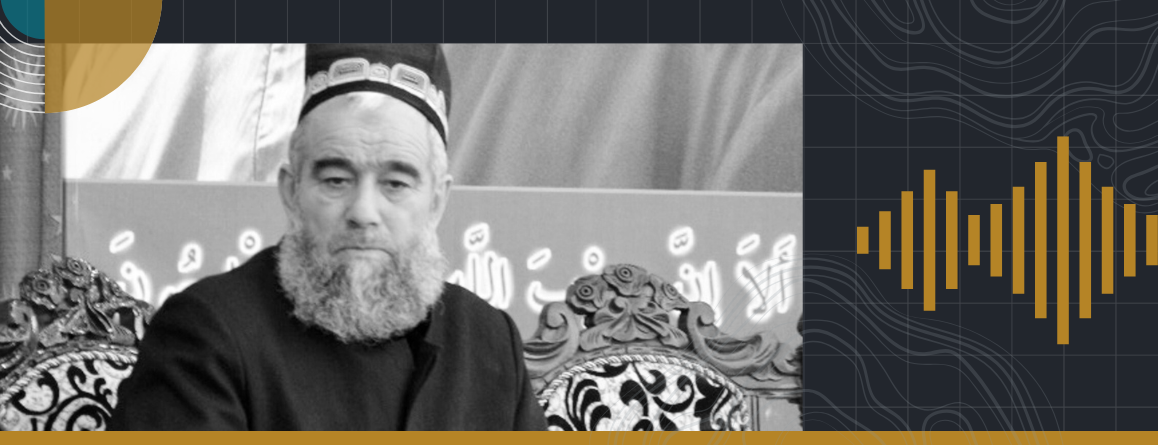On Wednesday morning, September 24, 2025, 80-year-old Zubaidullohi Rozik, a prominent member of the Islamic Renaissance Party of Tajikistan (IRPT), died in the “Kirpichny” maximum-security correctional colony in Vahdat.
Zubaidullohi Rozik was a member of the Political Council and Presidium of the IRPT (banned in Tajikistan since 2015), head of the party’s Science Department, editor-in-chief of its publication Najot, and a former imam of the Gozimalik district mosque.
Detained in 2015, he was sentenced to 25 years’ imprisonment on politically motivated charges of participating in an alleged coup led by former Deputy Defense Minister Abduhalim Nazarzoda. He had spent the past 10 years behind bars.
Despite his advanced age and deteriorating health, Rozik was subjected to repeated torture and ill-treatment, including placement in punishment cells. His condition reportedly worsened after he and other imprisoned IRPT members addressed an open letter to President Emomali Rahmon, declaring their innocence and demanding a review of their cases.
The persecution extended to his family: in December 2020, his son, Asroriddin Rozikov, was sentenced in Dushanbe to five years in prison under Article 307(3) of the Criminal Code, continuing the pattern of collective punishment against relatives of political prisoners.
Since the Supreme Court banned the IRPT in September 2015, its members, supporters, and families have faced relentless persecution. In April 2025, Freedom for Eurasia, supported by the Norwegian Helsinki Committee, the International Volunteers Ukrainian Fund (FUVI), and Maître Nicolas Ligneul, submitted a communication under Article 15 of the Rome Statute to the Office of the Prosecutor of the International Criminal Court (ICC). The submission documented systematic human rights violations against IRPT members and their families from 2002 to 2024, describing a coordinated state policy to eradicate political opposition.
Freedom for Eurasia expresses its deepest condolences to the family and loved ones of Zubaidullohi Rozik. His death in prison is a tragic reminder of the extreme repression faced by political opponents in Tajikistan.
We strongly condemn the Tajik authorities’ ongoing campaign of persecution, torture, and harassment against members of the Islamic Renaissance Party of Tajikistan and their families. Targeting elderly political prisoners and denying them medical care not only violates Tajikistan’s obligations under international human rights law but also underscores the cruelty of its treatment of political dissidents.
